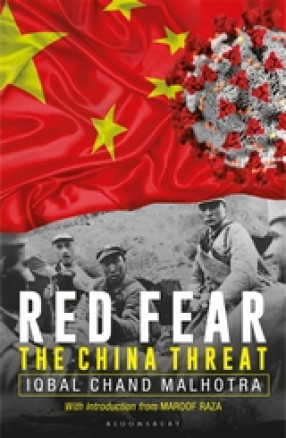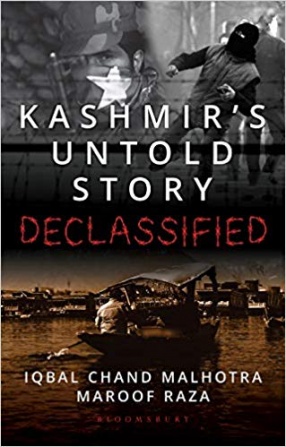Red Fear: The China Threat
What was the reason for the first real armed encounter between Indian and Chinese troops on Chinese soil in the town of Dinghai on Chusan Island in July 1840. Were the orders for the invasion of Aksai Chin issued by Mao from Moscow in December 1949, at Stalin's behest. Was the pluck and raw courage of Lt. Gen. Sagat Singh to hold Nathu La first in 1965 and then again in 1967 the basis for General K. Sundarji's bold moves at Sumdorong Chu in 1986 and 1987. Red Fear: The China Threat catalogues, evaluates and infers the consequences of the political and military confrontations between India and China from the 15th to the 21st century. Contrary to the glowing accounts in popular imagination of a congruence of values and interests between these two nations, the relationship has been confrontational and antagonistic at many levels throughout these last six centuries. The lessons of history are hard to learn. Nevertheless, China seems to have learnt them better than India. It bided its time well and positioned itself to humiliate and denigrate India whenever possible as retribution for the perceived harm India and Indians did to its society and economy during the infamous Chinese century of humiliation between 1839 to 1940. For India, today's post-Galwan situation is reminiscent of the challenge India's first Prime Minister Jawaharlal Nehru faced in 1962 and the identical challenge India's 14th Prime Minister Narendra Modi faces in 2020. Vedic philosophy argues that time is cyclical, and not linear, and by this argument, the year 2020 completes a 60-year cycle that began in 1960. How Modi responds to this challenge will define India's relationship with China as well as its position in the world through the rest of the 21st century.
Get it now and save 10%
BECOME A MEMBER








Bibliographic information
Maroof Raza